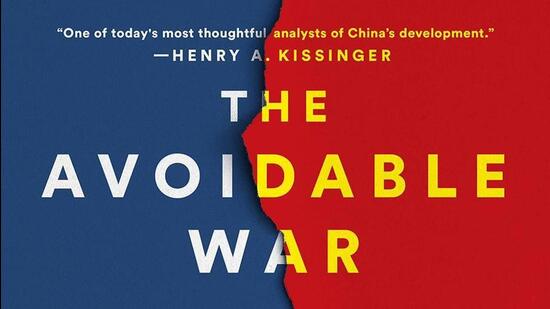China’s increasingly assertive behaviour around the Indo-Pacific increases the probability of the military standoff with India on the Line of Actual Control (LAC) becoming a flashpoint between the two countries, former Australian prime minister Kevin Rudd said on Saturday.
Rudd, considered a leading authority on China and its leadership, said in an interview that Chinese actions along the LAC, including the creation of infrastructure to support its armed forces, point to a predisposition to “change the reality on the ground”.
At the same time, Rudd didn’t rule out the possibility of President Xi Jinping taking steps to resolve the border dispute with India after he further strengthens his grip on power at the Chinese Communist Party’s 20th congress to be held later this year.
“When I look…at the pattern of China digging in beneath the ground which has been secured, and building infrastructure of a long-term nature to support air movements, air supply and road supply…this does not indicate it’s a temporary demonstration of Chinese strategic resolve pointing to a longer term diplomatic solution,” he said.
“It seems to indicate a Chinese predisposition to continue to push and to change the reality on the ground over time,” said Rudd, who is promoting his new book, “The Avoidable War: The Dangers of a Catastrophic Conflict between the US and Xi Jinping’s China”.
Drawing parallels between the situation on the LAC and China’s behaviour in the South China Sea, also aimed at changing the reality on the ground, he added, “Therefore, could any of these create another flashpoint or tripwire? I just go to the aggregation of probabilities. The more assets you have, the more forward leaning you have, the more stripped bare the normal political and diplomatic insulation is, the higher the probability of incidents.”

Rudd, who served as prime minister during 2007-10 and again in 2013 and was foreign minister during 2010-12, said President Xi, after the 20th party congress, will have “as much political and foreign policy power” as Chairman Mao Zedong. Xi could draw upon Chinese leader Deng Xiaoping’s example of resolving a border dispute with the erstwhile Soviet Union and settle the boundary issue with India.
“I think if Xi Jinping sees himself as a man of history, it remains, in my judgement, a possibility. What India would then need to consider is two things – if you did resolve the border as a result of a massive strategic initiative from the Chinese side…would China’s economy then become partners in India’s long-term economic development?” he said.
“Would India economically feel it was being swamped by the Chinese economy? The second open strategic question is as China seeks to redesign the international system with Chinese power as its fulcrum, as its epicentre, how would that impact India’s broader geopolitical and international political interests?” he added.
Responding to a question on whether the Indian side could trust China, given that the standoff on the LAC came in the wake of two informal summits, Rudd said the concept of “strategic trust does not have a long history in China’s domestic strategic literature”.
“My experience as an Australian prime minister dealing with Chinese leaders, including Xi Jinping, is that two things are fundamental. One is that in China’s case, they observe what other countries do, not what they say, even though they would prefer other countries to trust what China says as opposed to observe what China does,” he said.
“Secondly, China, as governed by a Marxist Leninist party, respects strength and is contemptuous of weakness…So, therefore, my argument is summitry is important because you’re dealing with the central decision-maker of the Chinese system who has more power than any Chinese leader since Mao,” Rudd added.







